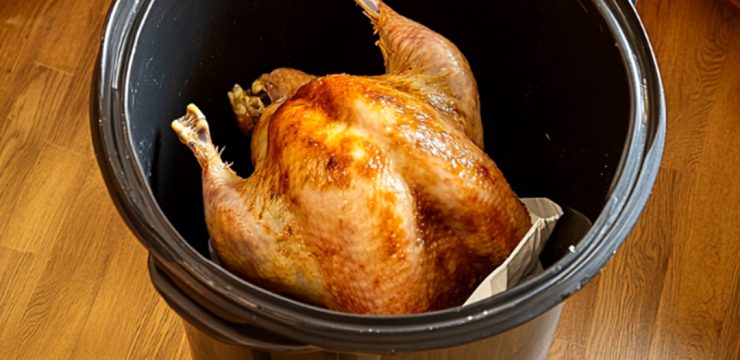Many people find themselves waking up at night to use the bathroom, a condition known as nocturia. It’s more common than you might think and can affect anyone, regardless of age or gender.
Interrupted sleep can lead to a host of issues, including fatigue, decreased cognitive function, and a weakened immune system. Ensuring uninterrupted sleep is crucial for maintaining overall health.
One of the most common reasons for nighttime bathroom trips is drinking too much fluid before bedtime. This increases the likelihood of waking up with a full bladder.

Certain foods and drinks, especially those containing caffeine and alcohol, can act as diuretics and increase urine production.
Conditions such as diabetes, bladder infections, and an overactive bladder can also cause nocturia. It’s important to rule out any underlying medical issues if you experience frequent nighttime urination.
Some medications, especially diuretics prescribed for high blood pressure, can lead to increased urine production.
To reduce the need to urinate at night, limit your fluid intake in the hours leading up to bedtime. Try to drink the majority of your daily fluids earlier in the day.
Cut down on or eliminate caffeine and alcohol, especially in the evening. These substances can increase urine production and contribute to nocturia.

Developing a consistent bathroom routine before bed can help empty your bladder and reduce the likelihood of waking up at night.
Engage in calming activities before bed, such as reading or taking a warm bath. This can help signal to your body that it’s time to wind down and prepare for sleep.
Going to bed and waking up at the same time every day helps regulate your internal clock and can improve sleep quality.
Ensure your bedroom is conducive to sleep by keeping it cool, dark, and quiet. Consider using earplugs or a white noise machine if you are sensitive to noise.
If lifestyle changes don’t reduce your nighttime bathroom trips, it may be time to consult a healthcare professional. They can help identify any underlying medical conditions and recommend appropriate treatments.
In some cases, medications can help reduce nighttime urine production. Your doctor can provide guidance on whether this is a suitable option for you.
Regular physical activity can help improve bladder function and reduce the risk of nocturia.
Eating a balanced diet that is low in salt and sugar can help manage conditions like diabetes and high blood pressure, which can contribute to nocturia.
Strengthening the pelvic floor muscles can improve bladder control and reduce the frequency of nighttime urination.
Waking up to go to the bathroom can significantly disrupt your sleep and impact your overall health. By understanding the causes of nocturia and implementing strategies to reduce nighttime trips, you can improve your sleep quality and enjoy uninterrupted rest. If lifestyle changes don’t help, consult a healthcare professional to explore further treatment options. Prioritizing your sleep and bladder health can lead to better overall well-being and a more restful night’s sleep.
Are you ready to say goodbye to midnight bathroom visits? Start implementing these tips tonight and see the difference for yourself!





